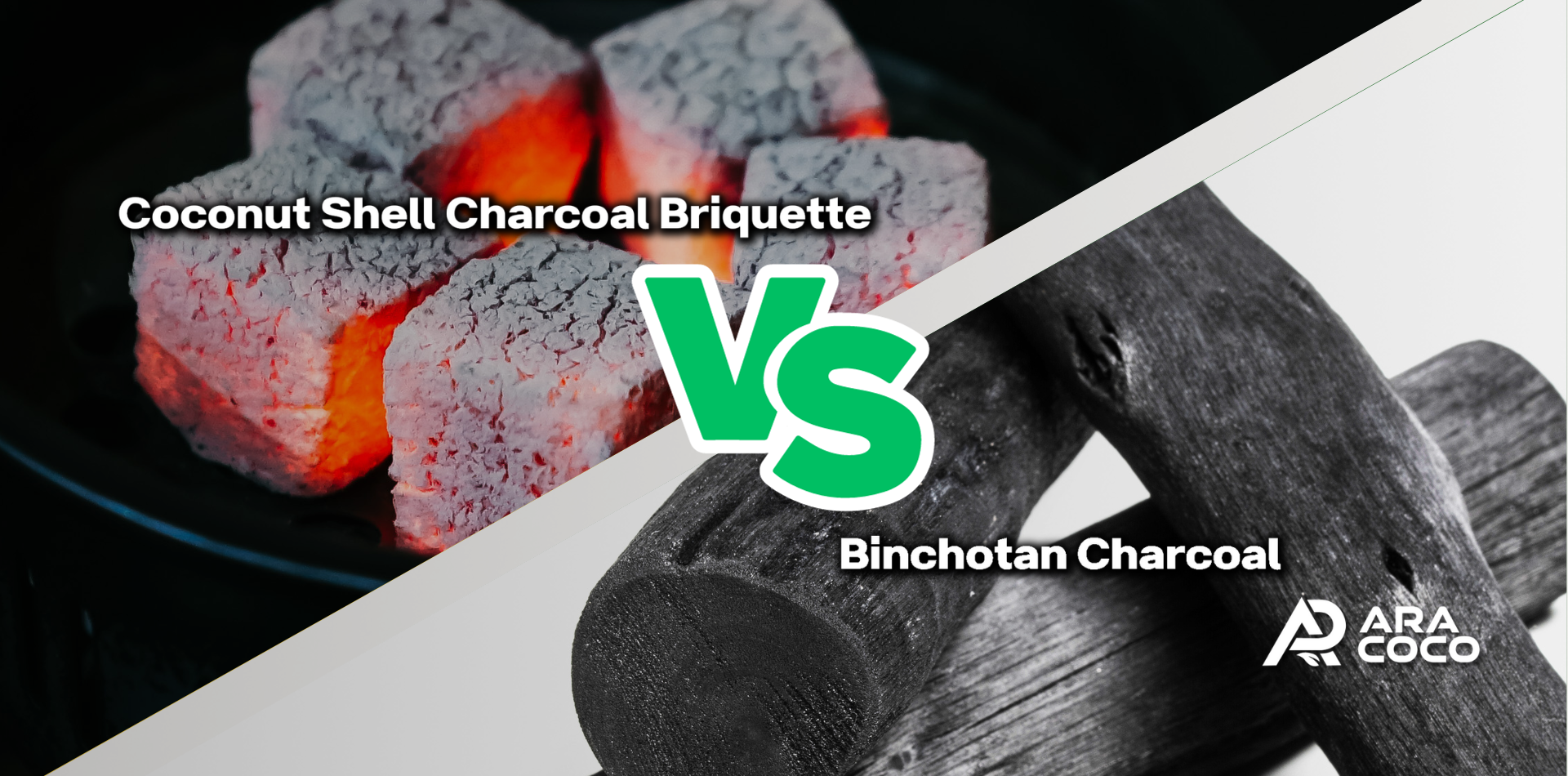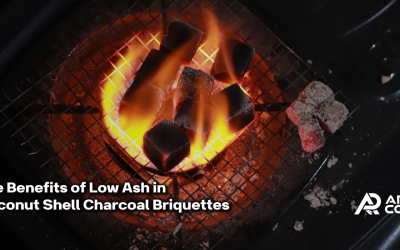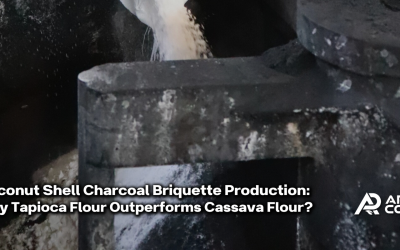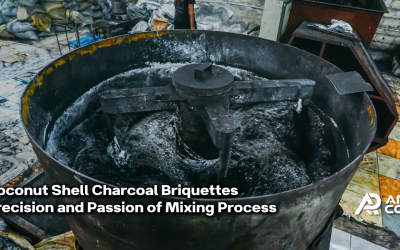Coconut Shell Charcoal Briquette vs. Binchotan Charcoal: Choosing the Right Type for Your Needs
In the diverse world of charcoal, two types stand out for their unique properties and uses: coconut shell charcoal and Binchotan charcoal. This article provides an in-depth comparison of these two charcoal, exploring their origins, production methods, burning characteristics, and applications. Understanding the differences between them is essential for consumers and professionals alike, especially when selecting the right type of charcoal for specific purposes in shisha smoking.
The choice between coconut shell charcoal and binchotan charcoal is not just a matter of preference but involves considerations of efficiency, environmental impact, and suitability for various uses. As the demand for specialized charcoal products increases, this comparison becomes increasingly relevant.
Coconut Shell Charcoal Briquette vs. Binchotan Charcoal: The Origin and Production
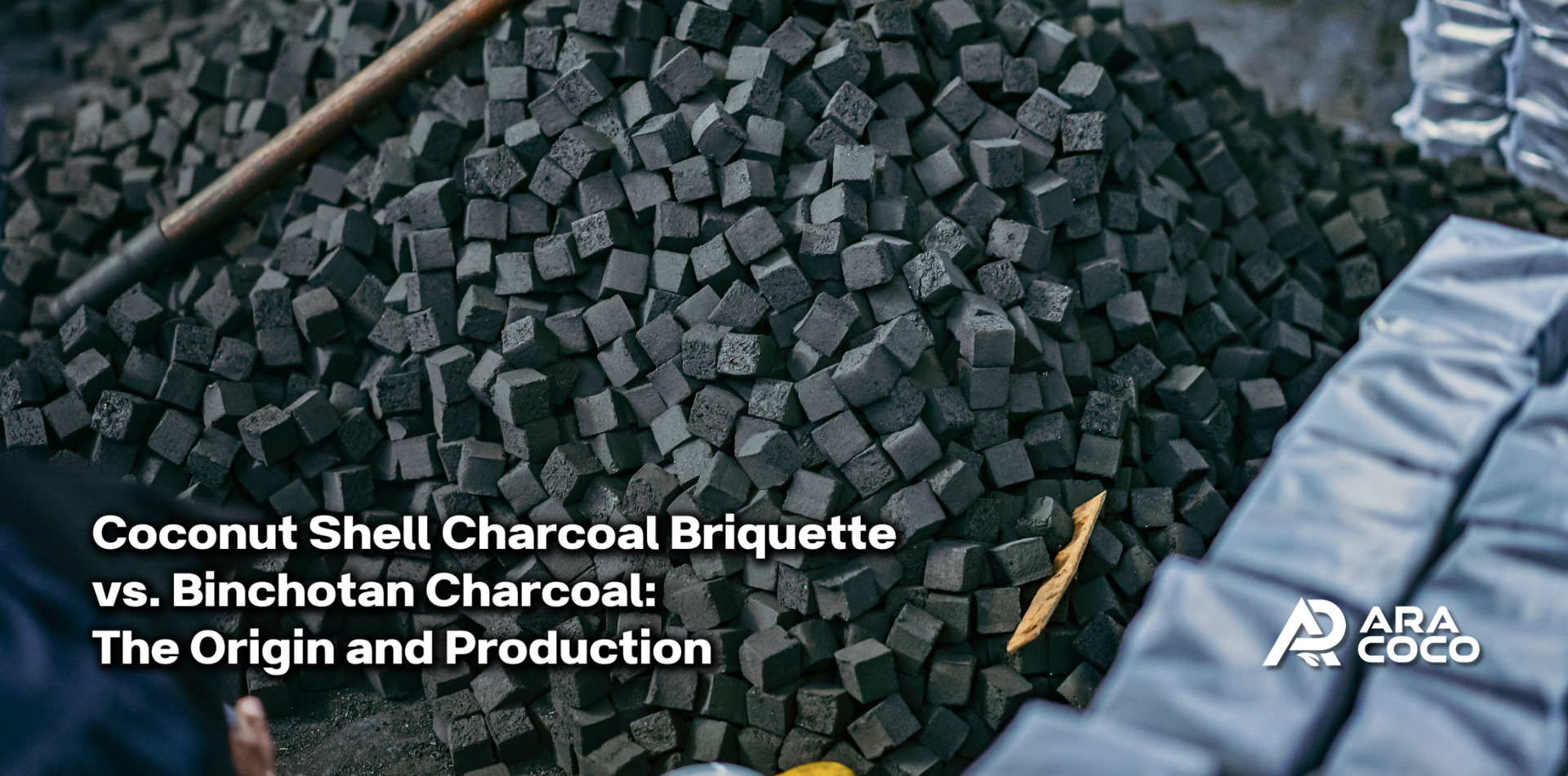
Coconut shell charcoal is made from the shells of coconuts, a byproduct of the coconut industry. Its production involves carbonizing the shells at high temperatures, which preserves the natural qualities of the coconut shell. This method is environmentally friendly, utilizing a waste product and typically involving low emissions.
Binchotan charcoal, also known as white charcoal, originates from Japan and is made from oak. Its production is a time-honored tradition, involving a unique method of slow burning at low temperatures followed by rapid cooling. This process results in a hard, dense charcoal known for its purity.
The Difference in Burning Efficiency
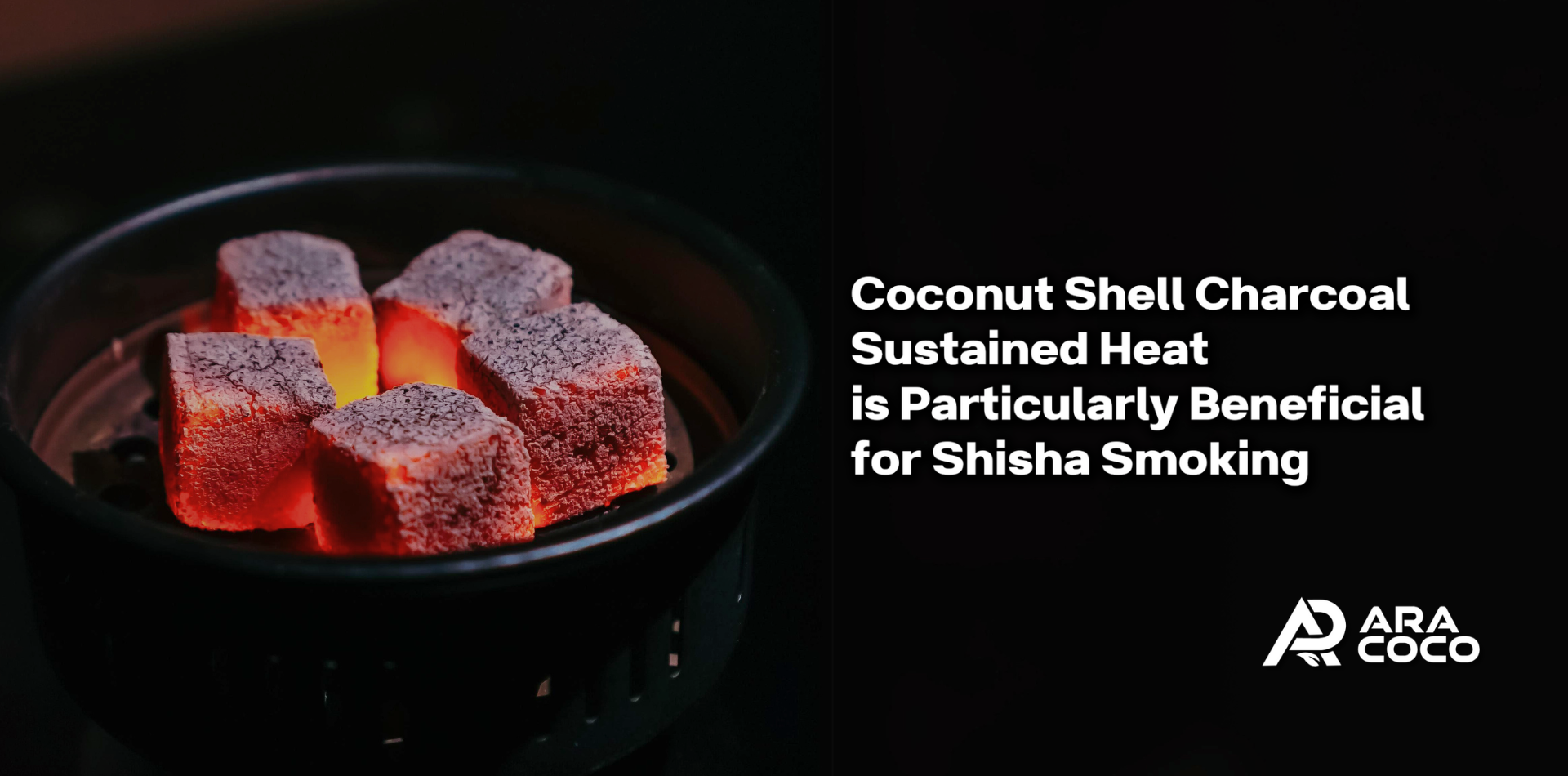
Coconut shell charcoal is known for its high burning efficiency. Its dense structure allows for a longer burn time, making it a cost-effective and efficient choice. This efficiency is particularly beneficial for shisha smoking, where sustained heat is required.
Binchotan charcoal is also highly efficient in burning. It burns at a lower temperature than coconut shell charcoal but for a longer period, making it ideal for applications where a consistent and long-lasting heat source is needed.
Heat Production
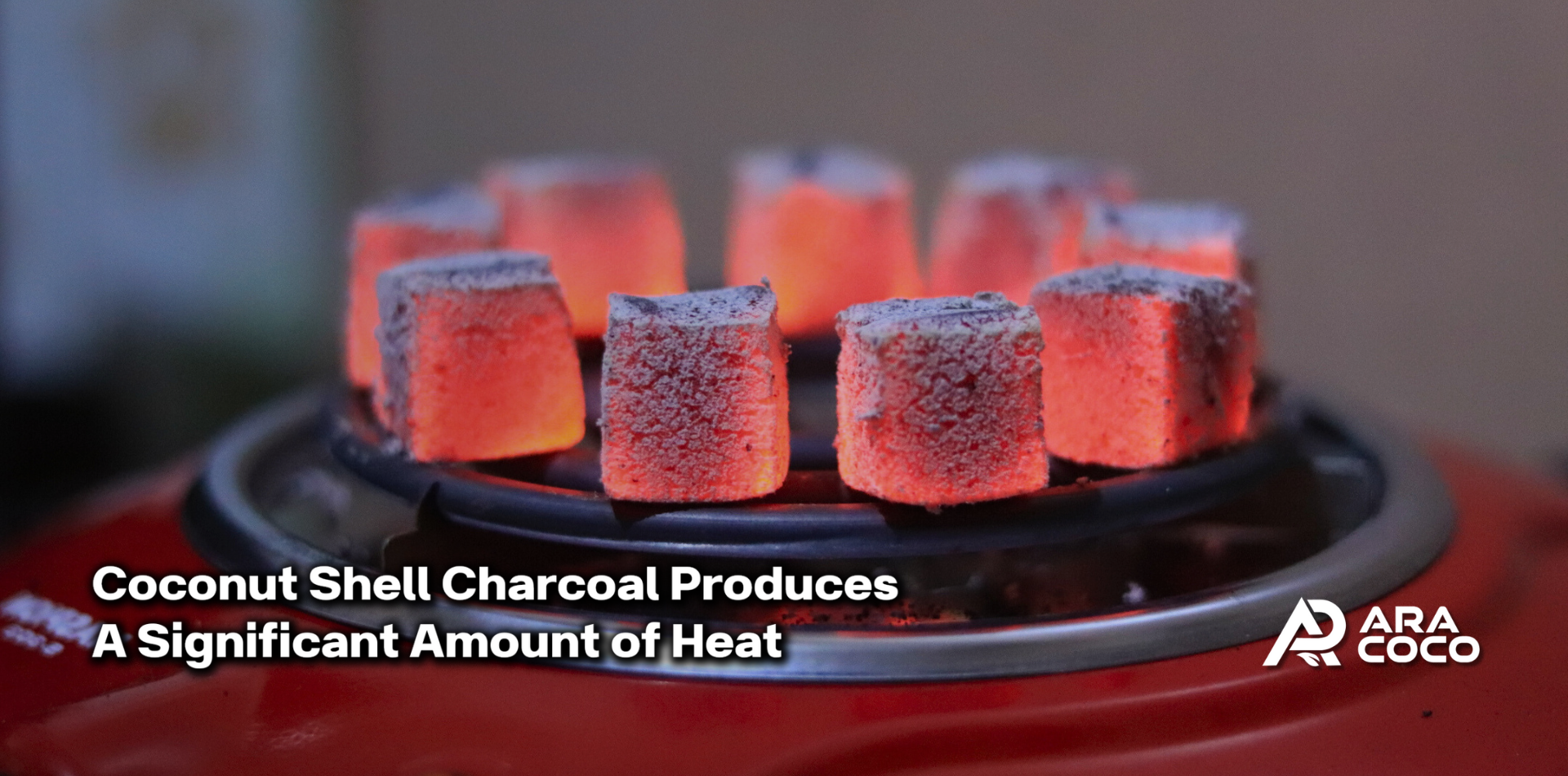
Coconut shell charcoal produces a significant amount of heat, making it suitable for shisha smoking, where consistent and high heat is crucial. Its ability to maintain high temperatures makes it a preferred choice in this application.
Binchotan charcoal, while burning at a lower temperature, is renowned for its even heat distribution. This characteristic makes it ideal for culinary uses, especially in Japanese cuisine, where it is used for grilling.
Ash Production
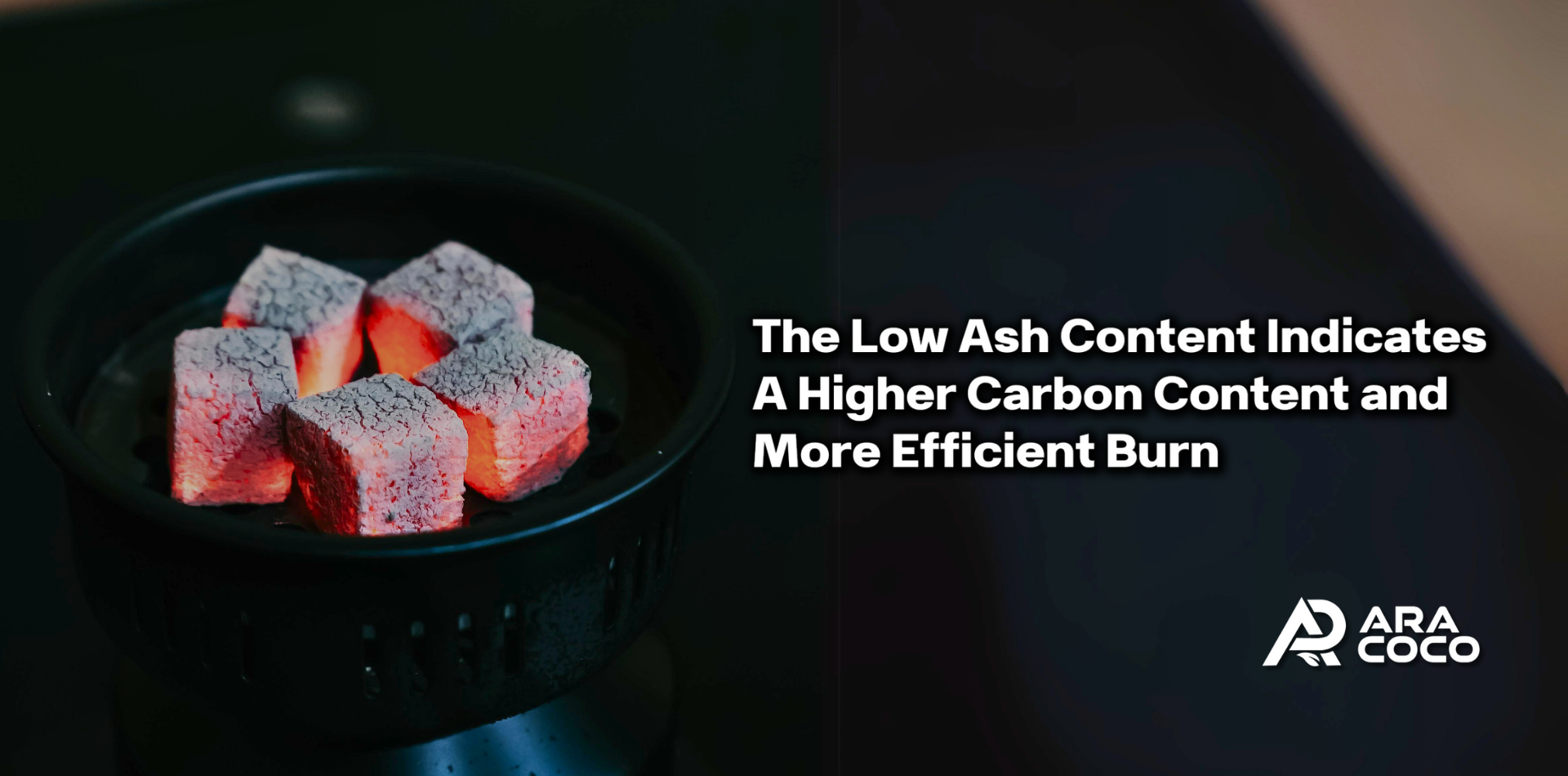
Coconut shell charcoal produces minimal ash, making it a cleaner option for shisha smoking. The low ash content indicates a higher carbon content and more efficient burn.
Binchotan charcoal is known for its minimal ash production as well. The ash it produces is white and less in quantity, contributing to a clean burning experience.
Which is Better? Coconut Shell Charcoal Briquette or Binchotan Charcoal
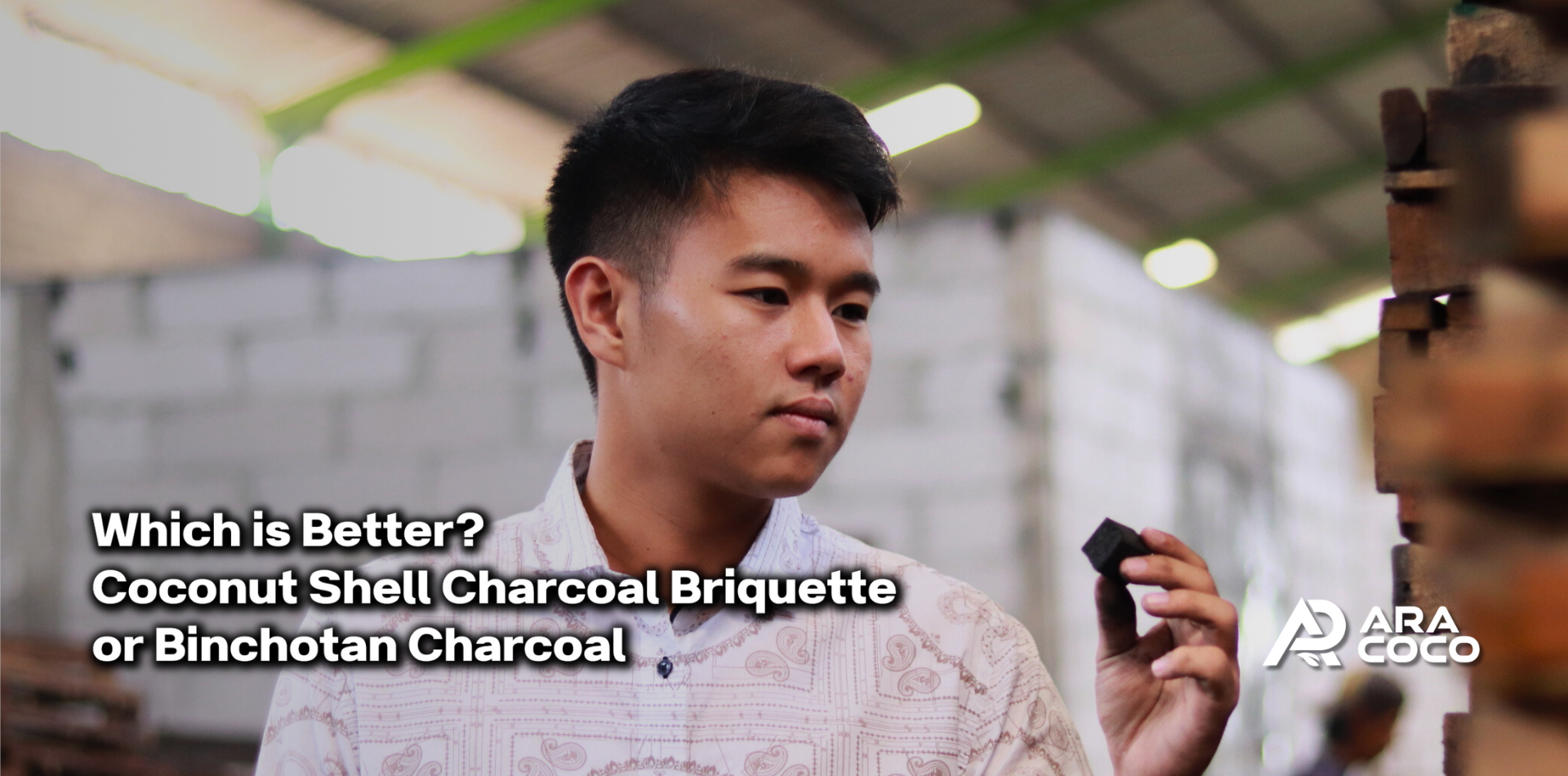
The choice between coconut shell charcoal and Binchotan charcoal depends on the specific needs and applications. Coconut shell charcoal, with its high heat production and efficiency, is often the preferred choice for shisha smoking. Binchotan charcoal, known for its purity and even heat distribution, is ideal for culinary applications, particularly grilling.
When choosing between coconut shell charcoal and Binchotan charcoal, consider your specific requirements and the intended application. For high-quality coconut shell charcoal that meets your shisha smoking needs, contact Aracoco. Our team is ready to provide expert advice and help you select the best charcoal solution.
Already know what is the difference between coconut shell charcoal and binchotan charcoal, you can check this articles too:
The Benefits of Low Ash in Coconut Shell Charcoal Briquettes
In the realm of charcoal briquettes, the ash content significantly impacts performance and user experience. At Aracoco, we prioritize the production of low-ash coconut shell charcoal briquettes,...
Coconut Shell Charcoal Briquette Production: Why Tapioca Flour Outperforms Cassava Flour?
Coconut Shell Charcoal - In the realm of coconut shell charcoal briquette production, the choice of binder can significantly impact the quality and performance of the final product. At Aracoco, we...
Coconut Shell Charcoal Briquettes Precision and Passion of Mixing Process
In the world of coconut shell charcoal briquettes, precision and passion are paramount. At Aracoco, our meticulous approach to crafting each briquette ensures not only a high-quality product but...
